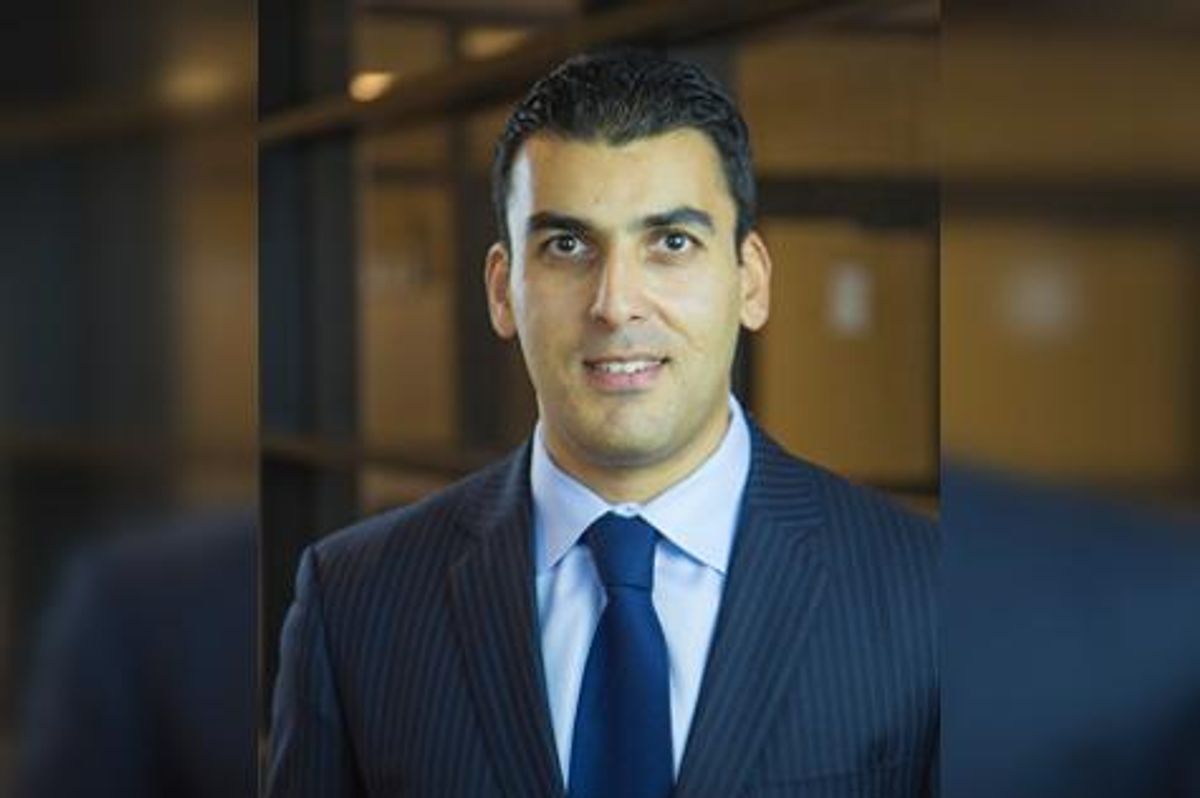Overheard: Houston experts discuss how to navigate tech transfer
eavesdropping in houston
Groundbreaking and disruptive innovations across industries are coming out of research institutions, and their commercialization process is very different from other startups.
An expert panel within Technology transfer discussed some of the unique obstacles innovators face as they go from academia into the market — like patenting, funding, the valley of death, and more.
Missed the conversation? Here are eight key moments from the panel that took place at the University of Houston's Technology Bridge on Wednesday, May 19.
This event was hosted by InnovationMap and University of Houston.
“If your technology can immediately impact some industry, I think you should license out your technology. But if you think that the reward is much higher and does not yet match something in the industry, you should go the high risk, high reward path of doing it yourself. That’s a much more challenging. It takes years of work.”
— Hadi Ghasemi, co-founder of Elemental Coatings and Cullen associate professor in the department of mechanical engineering at the University of Houston, says on how tech transfer usually happens via those two pathways. Ghasemi explains that it also depends on the academic's passion for the product and interest in becoming an entrepreneur.
“There’s a mismatch in that you can have a really clinically impactful technology but still not have money to develop it into a product.”
— Rashim Singh, co-founder of Sanarentero and a research assistant professor of pharmaceutics at the University of Houston College of Pharmacy, says on the different priorities from within academia and within the market.
“What I’ve seen is if you know you want to patent something, tell the right people early. Make sure you have the right players involved. Our tech office already has venture, Pharma, etc. partners that can help with the patent process.”
— Ginny Torno, administrative director of innovation and IT clinical systems at Houston Methodist
“You don’t need to be fully transparent about your technology. As a company, you need to have some secret sauce."
— Ghasemi says on the patent and paper publishing process. Academics are used to publishing their research, but when it comes to business, you need to hold some things close to the chest.
“One of the most important piece the UH Tech Bridge has provided is the wet lab space to develop these technologies a little further toward commercialization. … Wet lab is very precious space in Houston specifically because there isn’t much here.”
— Singh says on how important access to lab space is to the entrepreneur.
"“You’re starting to see more and more organizations that have innovation arms. ... There are a lot of focus on trying to make Houston another innovation hub, and I think there is more support now than even a few years ago.”
— Torno says on what's changed over the past few years, mentioning TMC3 and the Ion.
“Try to serve private capital as soon as possible. The grant money comes, and those are good and will help you prove out your technology. But once you have private money, it shows people care about your product.”
— Ghasemi says as a piece of advice for potential tech transfer entrepreneurs.
“The biggest gap is to arrange for funding — federal, private, etc. — to support during the valley of death.”
— Singh says on the struggle research-based startups, especially in drug discovery, faces as they fight to prove out their product and try to stay afloat financially.







 Apple doubles down on Houston with new production facility, training center Photo courtesy Apple.
Apple doubles down on Houston with new production facility, training center Photo courtesy Apple.